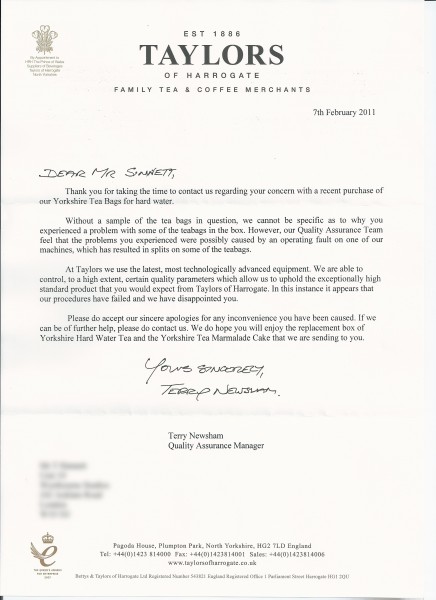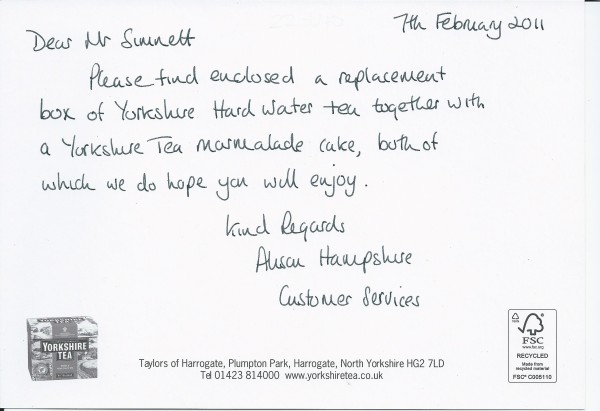I write this as someone who understands the game of football, coaches sport (rugby union), is a parent and runs a business. I don’t have a big allegiance to one club or another, and I am dual national, so technically have two teams (Croatia and England), neither of whom were successful in the eyes of many in the recent European Championships.
But where does this lack of “success” come from, and what are we measuring it by?
As a kid, my sport was road cycling. I’d observe as team-mates played intricate tactics and even supported riders on other teams in order to hopefully benefit their own team or their own success down the road. I’d also observe how in times of hardship, riders from all teams would club together and refuse to race one another, all finishing stages with the same time to effectively nullify the stage.
As a teenager and young adult, I started to enjoy motorsport, and again observed that the team is the most important thing. If your team aren’t performing, whether its engineers, pit crew, management, and perhaps even the chefs feeding you, you aren’t going to win the race on the track.
But English football in particular has a problem with the idea of “team”, and from what I can tell, it starts right at the very beginning when kids start to play for local community clubs.
Don’t get me wrong, it’s great that kids have these clubs where they can spend time with friends and socialise with children from other schools and other walks of life. In fact, I wouldn’t be without them.
My son plays football in one of those community football clubs, and he also plays rugby union at a club where I’ve become head coach for his age group. I’m specifically not discussing rugby league here because I have no knowledge of it from a coaching perspective. Whilst I’m not a coach, I’ve been a parent on the sidelines and watched the coaching happen more or less every weekend and on training evenings during the week throughout his first U7 season.
What I observed has horrified me.
My son, admittedly, isn’t the strongest player in the team in his football club. And he’s been paired for the last year with some of the stronger players. You’d think he’d improve, right? Of course, if he’d been given an opportunity to. Every Saturday, there’s an hour of match play. On a 5-a-side team with 2 subs, you should expect each player to spend around 40 minutes playing. Most weeks my son was lucky to get 10, and some weeks he didn’t get to play at all.
In two tournaments at the end of the season, he didn’t start, and neither did he play in several of the 7-8 games that were played across the day. How can you expect a child of 7 to improve, let alone enjoy, the game that so many of this country claim to love? Now it does seem that England Football recommends equal playing time, but from talking to coaches from other clubs, they coach for the win too, and not for equal playing time.
This happened because (as the team manager put it), we’re here to win the tournament. My counter argument was that if they were there to win the tournament, why was my son, who is a weaker player as a result of what I can only describe as coaching neglect, even invited, and why was I asked to fork out admission for him and myself to the tournament? And winning is the mentality that’s been that of the coaches all season, so the kids haven’t learnt how to lose, and how to play together as a team, to find space on the pitch, instead relying heavily on the “bulldozers” (classed as the better players) to push through the opposition and score goals. The bulldozers who never pass, who go for their own glory, and celebrate in the image of their professional footballing heroes, without understanding the meaning of their gesticulations.
Rugby Union on the other hand instructs us coaches clearly to ensure equal playing time, and to mix teams up to ensure there are different ability players, as well as to implement rules to encourage passing amongst all the players, building team skills, camaraderie, and also understanding of each other’s space on the pitch. It follows a set of strict core values (at least at minis and juniors level) of Teamwork, Respect, Enjoyment, Discipline and Sportsmanship (TREDS). We drill it in to our coaches, our parents and our players all the time. I couldn’t find anything relating to core values for English football.
And this is where I believe it started and ended for the England football team. The Spanish football team can put any player in any position on the pitch and they will be able to perform pretty well there. That’s because they’re coached to. They understand every other player’s position and how that position plays out on the pitch. They clearly communicate well, but they also have what some might say is a sixth sense for their team-mates’ positions. I’d call it coached intuition.
The England team have a huge pool of talent, but they don’t understand each other, and right from a very early age appear to have been coached to go for the win, rather than to develop team skills even if that means defeat. It’s extremely short-termist, and it appears that grass roots football has created a culture that can’t result in a win except by some measure of luck. At 7 years old, you can bulldoze your way through, and if you then stream the bulldozers into the better coached teams you end up with the England football team. Rugby Union isn’t streamed until U12, precisely because you need to build that teamwork and develop pitch-wide skills.
That “we have to win” mentality even goes to the managers of teams. We put so much pressure on to win that when it doesn’t happen, it’s seen as a failure, and the manager is asked to step down or resigns out of embarrassment. Imagine in business if every time you didn’t get the deal, you resigned your job, or closed your business? It just doesn’t make sense! Sir Alex Ferguson took 4 years from taking over at Manchester United before he took the team to an FA Cup win, and it was another 3 years before they won it again. Today, we’d expect a win every year and if there wasn’t one, you’d be out of the back door, and a new manager brought in. But the reason Sir Alex was able to create so many wins was because when the team lost, they learnt, and he looked at the long term view. Build the right culture, change the game, start to win.
It would be remiss of me not to mention the wins that have come from women’s football in England. And it’s no wonder really, is it? Women are much better team players than men are as a whole. They are naturally predisposed to it. I say natural, but there’s probably a good deal of nurture there too socially.
So, if we want the England men’s football team to win at the World Cup, or the Euros, or any other high level, we should go back to grass roots and change the culture. It can’t always be about the win, or we end up with a bunch of very sore losers on a very regular basis.


